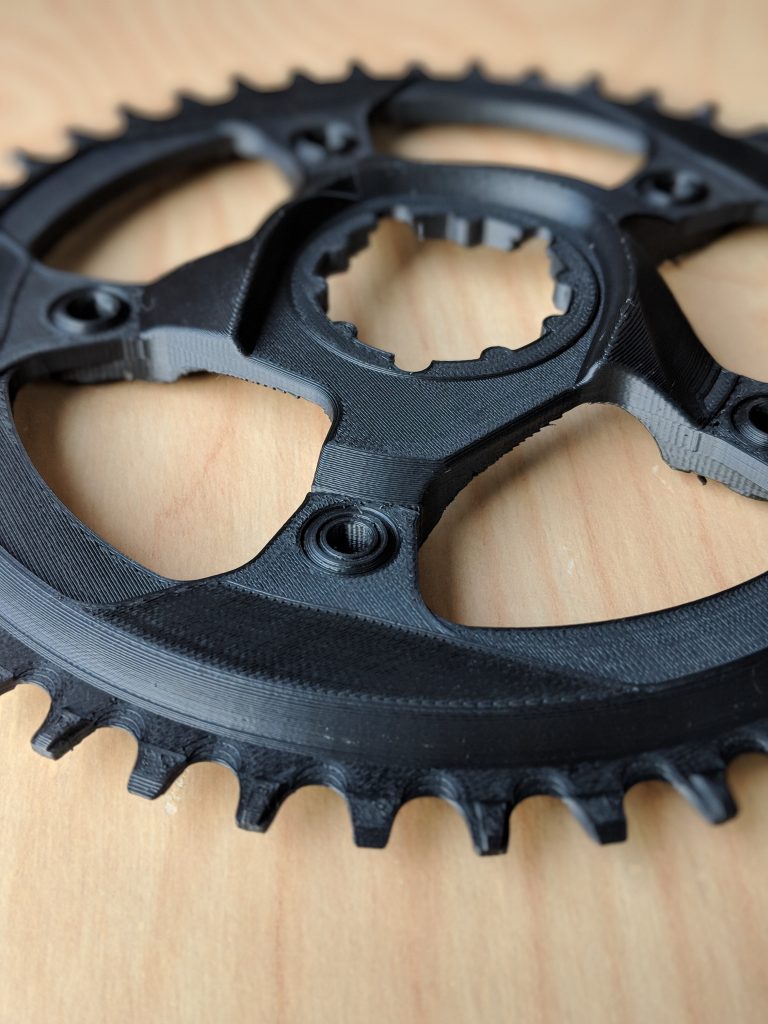3D printing, also known as additive manufacturing, has come a long way since its inception in the 1980s. What was once a niche technology primarily used for prototyping has now become a mainstream manufacturing process with significant potential for disrupting traditional industries. In this blog post, we’ll explore the future of 3D printing and its potential impact on industries.
One of the most significant advantages of 3D printing is its ability to produce highly customized parts and products with minimal tooling. This is particularly beneficial in industries such as aerospace, where highly customized parts are often required. With 3D printing, it is now possible to produce these parts more quickly, with greater accuracy, and at a lower cost than traditional manufacturing processes.
In the healthcare industry, 3D printing has already been used to produce custom implants, prosthetics, and surgical models. In the future, it is likely that 3D printing will play an even more significant role in healthcare, with the potential to produce human organs and tissues for transplants. This could revolutionize the way we approach organ donation and transplantation, potentially saving countless lives.
Another industry that could be significantly impacted by 3D printing is construction. While still in its early stages, 3D printing is already being used to produce building components such as walls, floors, and even entire houses. This has the potential to significantly reduce construction time and costs, as well as improve the quality and sustainability of buildings.
3D printing also has the potential to revolutionize the fashion industry, with designers using the technology to produce custom clothing, shoes, and accessories. This could lead to more sustainable and ethical practices in the fashion industry, as well as more inclusive sizing options for consumers.
Overall, the potential impact of 3D printing on industries is vast and far-reaching. From healthcare to construction to fashion, 3D printing has the potential to disrupt traditional manufacturing processes and lead to more customized, sustainable, and cost-efficient products. As the technology continues to evolve and become more accessible, we can expect to see even more innovative applications in the future.
If you’re interested in exploring the potential of 3D printing for your industry, please don’t hesitate to contact us for more information and a quote. We offer a range of 3D printing services and can work with you to create custom parts and products that meet your unique needs and specifications.

0 Comments
Leave A Comment